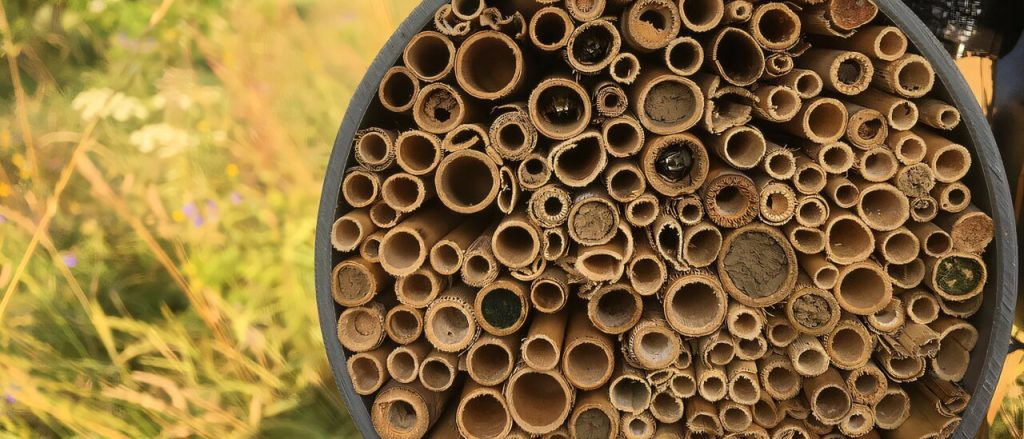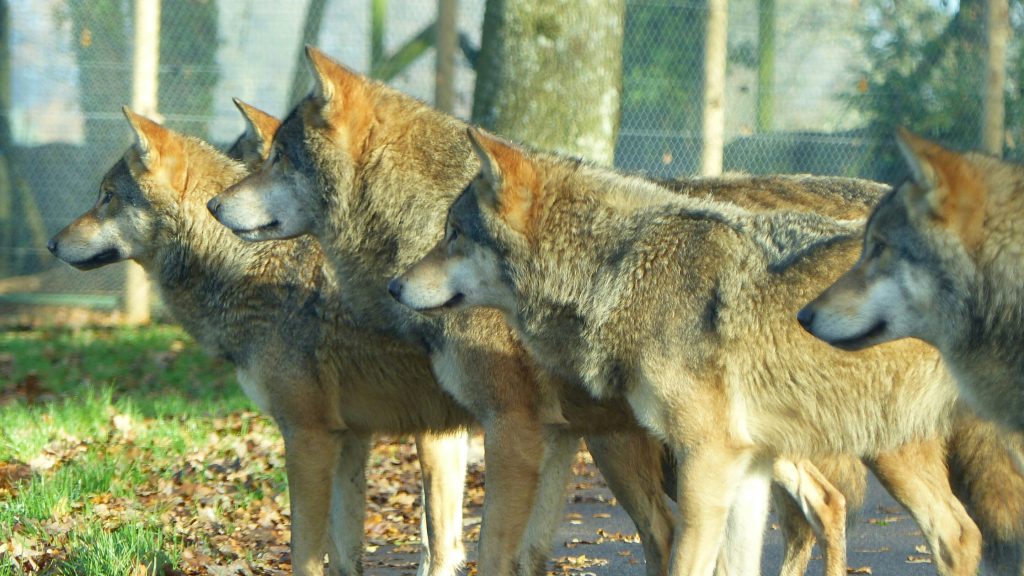The Buzz About Bees and Climate Change
In our ever-changing world, there’s a vital narrative unfolding around bees and their delicate ecosystem. A recent study has uncovered some surprising insights about how these essential pollinators are struggling amid rising temperatures and changing landscapes. Let’s dive into this heartwarming yet concerning tale of resilience and adaptation.
The Quiet Crisis
Across the globe, our insect friends are facing a silent but alarming decline. Research shows that while the number of insects has plummeted, their habitats are deteriorating rapidly due to farming, urban development, and climate change. Imagine a world without the buzz of bees—the very creatures who help our gardens bloom and our food grow.
Bees in Different Landscapes
A team of dedicated researchers from Julius-Maximilians-Universität Würzburg took the initiative to explore how these pressures affect bees and other insects in various environments. They gathered data from 179 locations throughout Bavaria, Germany, aiming to understand not just the impact of climate change, but how it interacts with land use. What they discovered was both eye-opening and concerning.
Bees Under Fire
What emerged from the study was a striking difference in how bees reacted to heat, depending on where they lived. Those nestled in the tranquility of forests adapted well to rising temperatures. Conversely, their urban counterparts faced a staggering 65% drop in their populations. This is not just a number; it represents the loss of vibrancy in our cities and the essential services bees provide.
The Night’s Role
Interestingly, it’s not just the sweltering days that take a toll on these vital pollinators. The research highlighted that warmer nights pose significant challenges for bees. Biologist Dr. Cristina Ganuza pointed out that as night temperatures increase—a phenomenon happening faster than daytime heat—many diurnal insects find it hard to cope. This dual challenge compounds the difficulties they face in surviving and thriving.
The Ripple Effect
While some larger insects seemed to manage better, the findings underscored the broader implications for ecosystems reliant on bee populations. Dr. Sarah Redlich warned that as bees struggle, it could disrupt crucial functions like natural pest control and pollination, which are the backbone of healthy ecosystems and fruitful harvests.
Three Important Takeaways
To wrap up their important findings, the researchers highlighted three key points:
- Habitat Matters: Warmer temperatures can encourage bee populations in natural environments like forests and grasslands, emphasizing the need for preserving and creating interconnected natural areas even in urban settings.
- Different Effects: Climate change and land use impacts are uneven across different insect levels, potentially disrupting essential roles such as pollination and pest control.
- A Call for Action: To protect these hardworking pollinators, we must advocate for the conservation of their habitats and promote biodiversity.
The Future of Bees
The importance of bees in our ecosystems cannot be overstated. As we learn more about their struggles, we gain insight into the profound connection between climate, land use, and the tiny creatures that keep our world blooming. By taking a stand for our environment and supporting efforts to safeguard these essential pollinators, we can ensure that the gentle buzz of bees continues for generations to come.
If you would like to see similar science posts like this, click here & share this article with your friends!



